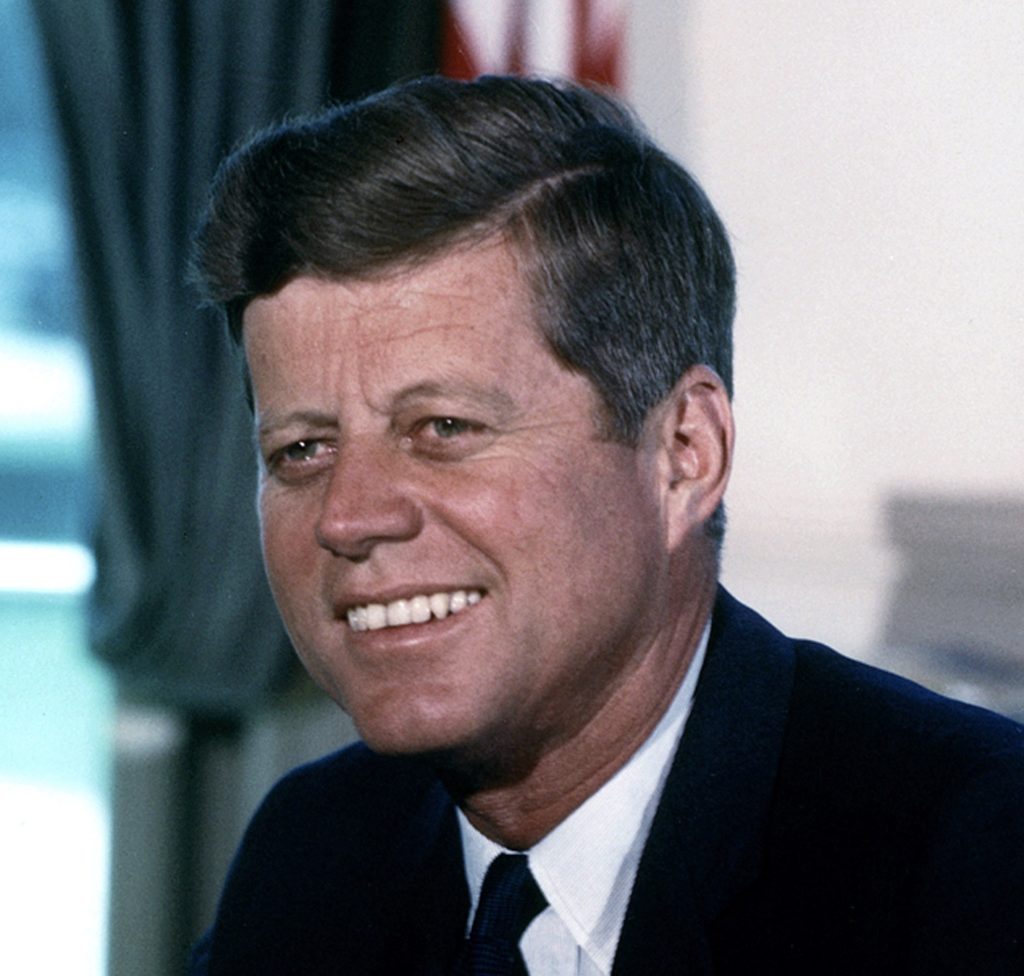Throughout the cold winter weeks in February of 2022, Russian tanks rolled across the steppe of Eurasia to the border of Ukraine, gathering like a flock of vultures, patiently waiting for an opportune time to strike. Troops gathered by the hundred thousands waiting for orders while Vladimir Putin weighed his options. Was Putin playing high-stakes poker in a bluff to intimidate NATO into cancelling Ukraine’s hopes for NATO status? Or was he playing chess, having already seized the rich oil fields of Crimea in a long-range plan to recapture the former territories of the USSR?
Many pundits asserted with strong conviction that this was a bluff designed to block Ukraine’s entry into a Western alliance. Others feared that the ambitious dictator would attempt a brief coup, seizing Kyiv in a few days the way the Taliban captured Kabul and took control of Afghanistan. The world stood still and watched as a new Cold War began to emerge on the horizon as the sun rose in the east.
Then on February 24, Putin crossed the Rubicon. Russian tanks rolled into Ukraine as missiles were lobbed into the cities killing innocent civilians, destroying buildings, and resurrecting the horrors of World War II. On February 27, in the face of strong resistance from Ukraine, Putin put his nuclear force on high alert. In a replay of the Cuban Missile Crisis, Russia was, once again moving aggressively to establish a beachhead against the West.
The thirteen-day confrontation, known as The Cuban Missile Crisis, began on October 16, 1962 when President John F. Kennedy learned that the Soviet Union had secretly installed missiles in Cuba, posing a potential nuclear threat to the United States. For six tension-filled days, Kennedy and his executive committee, known as ExComm, debated the pros and cons of four possible responses to the Soviet-backed threat. In the end, it was decided to issue a naval blockade of Cuba, preventing any shipments of military equipment to that island. In the days following the announcement of that quarantine, the future of our species hung precariously on the decisions of the two most powerful men in the world and on the visceral reactions of a third man–a passionate patriot.
John F. Kennedy announces the Quarantine on Cuba–October 22, 1962

This government, as promised, has maintained the closest surveillance of the Soviet military buildup on the island of Cuba. Within the past week, unmistakable evidence has established the fact that a series of offensive missile sites is now in preparation on that imprisoned island. The purpose of these bases can be none other than to provide a nuclear strike capability against the Western Hemisphere.
…To halt this offensive build-up, a strict quarantine on all offensive military equipment under shipment to Cuba is being initiated. All ships of any kind bound for Cuba from whatever nation or port will, if found to contain cargoes of offensive weapons, be turned back: This quarantine will be extended, if needed, to other types of cargo and carriers. … My fellow citizens, let no one doubt that this is a difficult and dangerous effort on which we have set out. No one can foresee precisely what course it will take or what costs or casualties will be incurred… But the greatest danger of all would be to do nothing. –John F. Kennedy
For almost two decades since the development of the nuclear bomb, scientists had warned of the devastation that would result from a war between two nuclear powers. With Kennedy’s proclamation, the scientists’ greatest fears teetered on the brink of a horrible reality. The two world superpowers, the United States and the Soviet Union, were on a collision course with potentially catastrophic consequences. If Chairman Khrushchev of the Soviet Union were to challenge the blockade, it could trigger the first war in history with the potential to eradicate life on this planet.
We didn’t have to wait long for events to unfold. The next day, Wednesday, October 24, the world learned that Kennedy, consistent with his promise, had set up a naval blockade with a radius of 800 miles off the coast of Cuba. Establishing a blockade in international waters, was traditionally regarded as an act of war, so Kennedy had called it a quarantine. The tension between the two superpowers seemed to be building to a calamitous climax. Would the Russian ships submit to a search? Would they attempt to run the blockade and trigger an irreversible military exchange of fire? Would an unauthorized act by someone of low rank precipitate a thermonuclear war?
Bertrand Russell, who had been asserting for a decade that the Cold War was a game of Chicken, sounded the alarm: “It seems likely that within a week we shall all be dead.” Many waited in quiet desperation for life’s grand finale.
When Armageddon seemed inevitable, news came from the Director of the Central Intelligence Agency (CIA) John McCone, reporting that Soviet ships in the face of the blockade had turned around. Secretary of State Dean Rusk announced, “We’re eyeball to eyeball, and I think the other fellow just blinked.” For a brief period, it appeared that Kennedy had won the game of Chicken and Khrushchev had capitulated; a resolution may be in the offing. However, it would soon be apparent that this was merely the calm before the storm. The Soviet Union continued to deny that there were missiles in Cuba and Kennedy began to consider further escalation.
The worst was yet to come. Those who lived through this experience may remember how this drama played out, but few knew what went on behind the scenes. In a series of conferences convened 35 years later, old documents were presented and testimonials were given that revealed the real strategies and negotiations that went on behind the scenes that saved the world from a nuclear holocaust. A summary of their findings is available at: https://www.intelligence-and-iq.com/wp-content/uploads/2021/06/The-Cuban-Missile-Crisis.pdf
